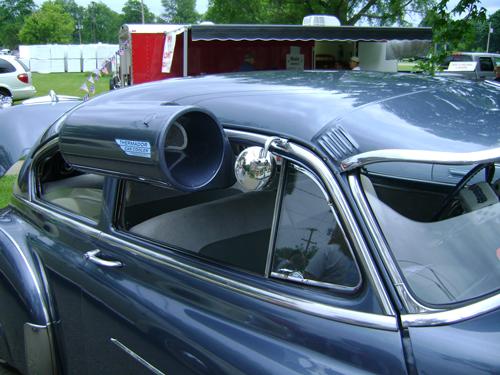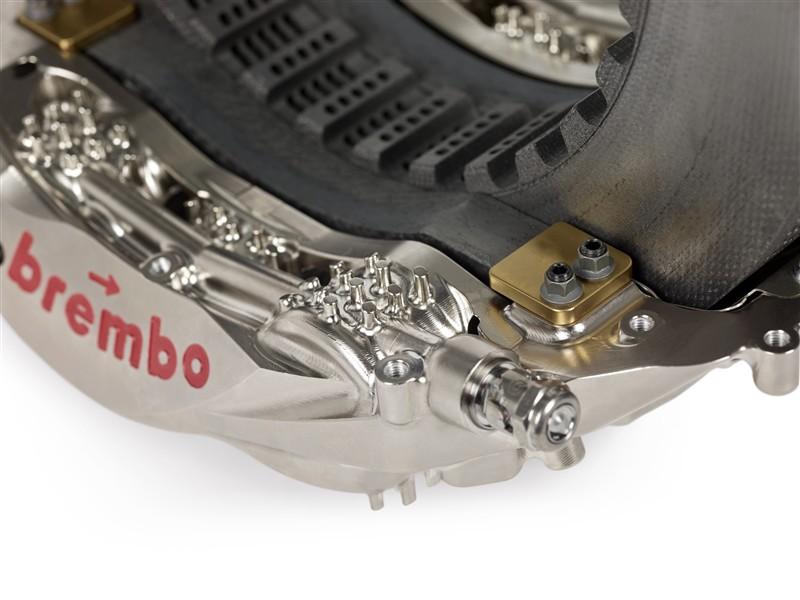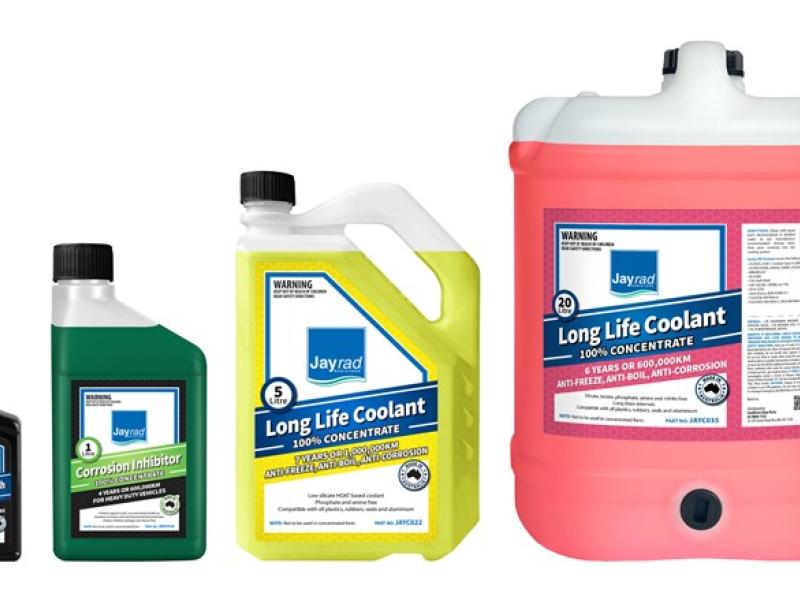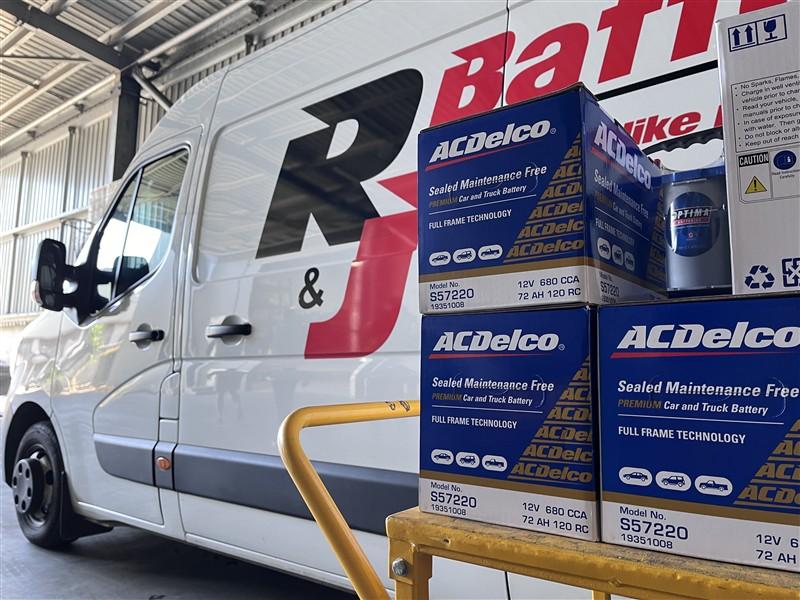Replacing or topping-up air conditioning systems in motor vehicles is not just a matter of hooking up the system to a bottle and away you go, says Total Air Supply’s Ces Moyes. There is a whole protocol, as well as safety and equipment issues, and licensing, to consider.
According to Wikipedia, HFO-1234yf is the first in a new class of refrigerants acquiring a global warming potential (GWP) rating one 335th that of R-134a (the previously used common refrigerant). It has a GWP of 4.
1234yf, as it’s more commonly known, was developed to meet the European directive 2006/40/EC that went into effect in 2011, requiring that all new car platforms for sale in Europe use a refrigerant in its air conditioning system with a GWP below 150.
Says Ces:” While 1234yf is now being imported into the country inside some brand-new vehicles as ‘a component of the vehicle’, the refrigerant itself is still not available for resale here in NZ, and it doesn’t look like it’s going to be anytime in the near future. The same goes for 1234yf recovery cylinders as they require a different thread and certification than R134a.
“Servicing 1234yf vehicles means you will require some different equipment due to ‘slight’ flammability issues with 1234yf. The recovery units require anti-spark systems and have earthing requirements, and the vehicles also have different charging ports requiring different couplers. So the minimum you require would be a new recovery unit, 1234yf manifold set, and a 1234yf compatible electronic leak detector if you use electronic leak detectors.
“DO NOT use an R134a electronic leak detector on 1234yf unless it specifies it does both, due to the flammability issue with 1234yf.
“We here at Total Air Supply carry recovery units that will do both refrigerants, as well as the dual refrigerant electronic leak detectors and 1234yf manifolds sets, so if you’re updating existing gear or just requiring additional gear why not future proof yourself?
Ces adds that as far as she is aware R134a currently does not have a phase out period here in NZ, and so will still be around for some considerable time – so Total Air Supply still carries R134a equipment in stock.
But she stresses: “R134a systems are not a retrofit system – you cannot retrofit a R134a vehicle to 1234yf and vice versa, although in some extreme cases the vehicle manufacturer has cleared the vehicle to be retrofitted back to R134a due to the unavailability of 1234yf refrigerant here in NZ.
“If you come across a vehicle with 1234yf and you do not have the correct equipment to recover – DO NOT TOUCH IT. Please give us a call and we can either advise you of someone with the equipment who can help you, or sell you the equipment required.
“Clearance from the vehicle manufacturer MUST be granted for warranty purposes if you are forced to retrofit the vehicle back to R134a.”
Ces also mentions enquires received at Total Air Supply about the required Fillers and Handling Licence – although she feels there has not been enough education and information on this vital subject.
“If you are removing gas from a vehicle into a compressed cylinder you require a Fillers Licence,” she says.
“This is for every technician who does air conditioning work. The licence requirements have been implemented by the government, and if you do not have your licence please get it urgently, as with the new Health and Safety regulations this could have severe implications for your company, and possibly your insurance as well. Contact www.rlnz.org.nz for more details and course dates.”
The talk of licencing also brings into play people using “top-up cans” and the “re-gas” merchants often found on the likes of trade me or 1-day deals.
“It is highly unlikely they would have a licence or even know about it,” says Ces. “The so called top-up cans, or people who re-gas, do not fix the problem. The air conditioning may work for a short period of time, but in reality it may still have a leak, and if so chances are you are slowly venting refrigerant into the atmosphere.:
And she warns that those products which have “stop leak” in them can cause genuine repairers all sorts of problems. “Would you use a leak stopper to fix a head gasket in your engine?” she asks. “This product, once introduced into the system, is there for the life of the vehicle.
“To remove the sealant you would have to replace every component as this product cannot be flushed out. There is also the chance that this product may get into a recovery unit or air conditioning station especially if you are unaware it is in the vehicle as there are usually no warning stickers or signs on the vehicle.
“If this gets into your equipment it could be terminal as it has the potential to cause irreversible damage. There is a reason genuine repairers do not use this product, and all reputable international compressor manufacturers do not support stop leak products of any kind.
Ces points out that Total Air Supply is 100 percent Kiwi owned and operated and has more than 40 years of combined knowledge of the automotive industry.
“We have always had a strong moral code to be truthful and ethical with our customers at all times, and we offer a friendly phone and email service with a prompt response to any query.
“We have been a specialist automotive air conditioning wholesaler since 2000, as well as selling complete radiators. We are the major distributor for Jayair here in NZ, along with other leading brands such as Jayrad, CPS, Cliplight, Brain Bee Clima and many more.
“In addition, Total Air Supply is a member of VASA and has been a Capricorn Supplier since 2004. We also offer a compressor repair or rebuild service along with the repair or remaking of hoses for any vehicle in alloy or steel. For more info contact the friendly team on 0508 868 252 (TOTALAIR); email parts@totalair.co.nz; fax 0 9 966 6045, or click on www.totalair.co.nz






